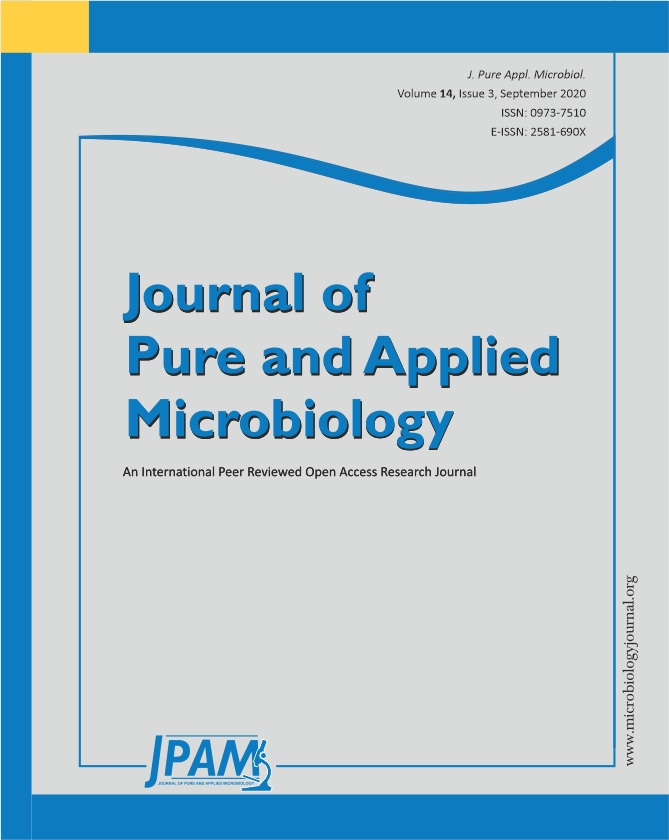Dodonaea viscosa (Family: Sapindaceae) is a medicinal plant that has been used as anti-rheumatic and bone pain in Peru as a folk remedy. Ethanol extract obtained from D. viscosa leaves was partitioned as n-hexane fraction; chloroform fraction; ethyl acetate fraction; n-butanol fraction and aqueous fraction. Phytoconstituents from D. viscosa leaves were evaluated by using chemical reagents to identify the presence of each phytochemical. In addition, a cytotoxic effect was determined by the Sulforhodamine B (SRB) test. The results showed that the ethanol extract and ethyl acetate fraction of leaves had the highest variety of phytoconstituents. The ethanol extrac of leaves exhibited a major inhibitory effect compared to different fractions in human colon cancer cells (HT-29). From these assays, it is concluded that D. viscosa does not possess any detectable cytotoxic effect on epidermal cells from mouse (3T3), and a slight cytotoxic effect against HT-29 tumor cells compared to 5-FU. This species could appear like a good source of herbal medicine in colorectal cancer disease.
Dodonaea viscosa, colon cancer, flavonoids, phytochemicals, cytotoxic activity
© The Author(s) 2020. Open Access. This article is distributed under the terms of the Creative Commons Attribution 4.0 International License which permits unrestricted use, sharing, distribution, and reproduction in any medium, provided you give appropriate credit to the original author(s) and the source, provide a link to the Creative Commons license, and indicate if changes were made.


